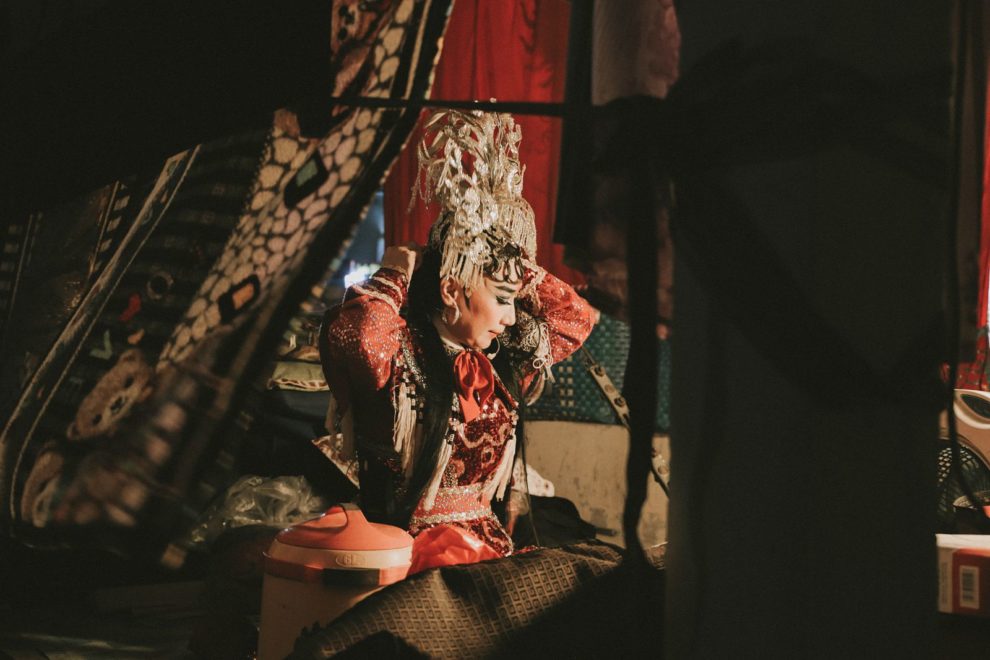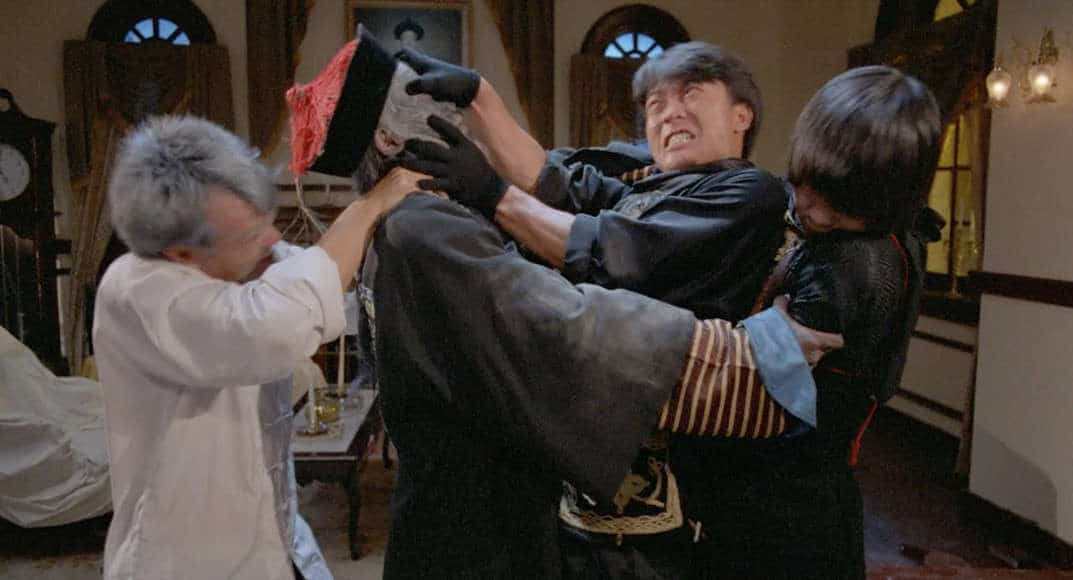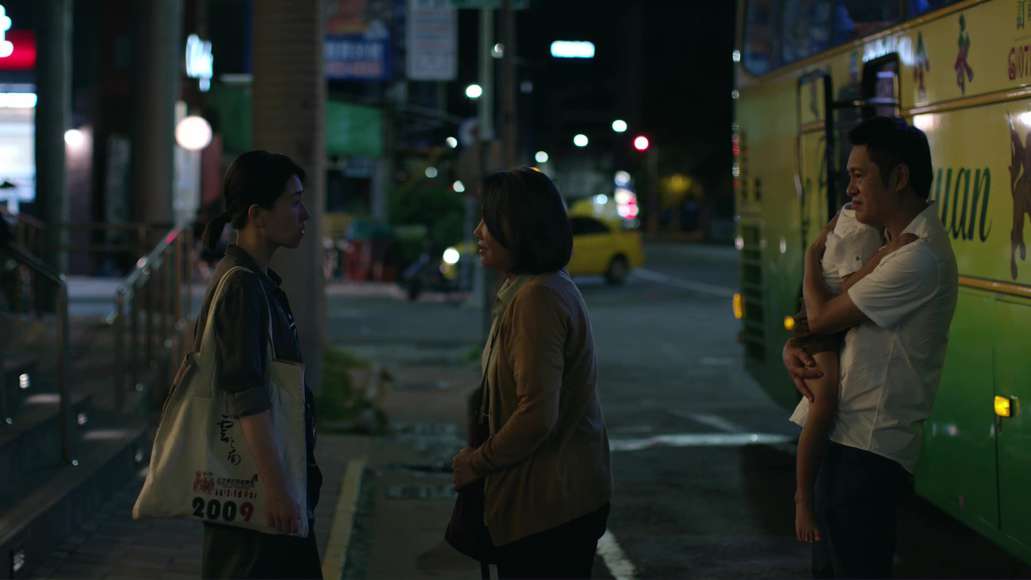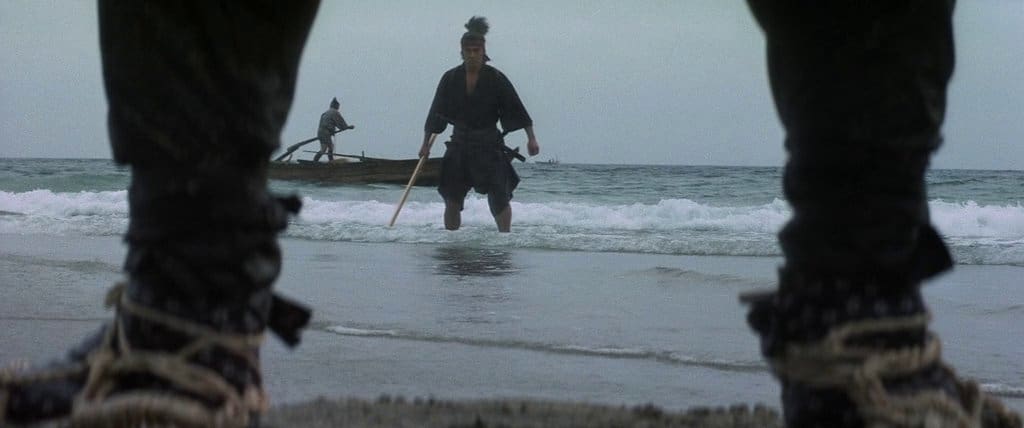Back in 2018, Leon Le introduced the western audience to cải lương, the modern edition of the Vietnamese opera, with “Song Lang”. A few years later, in 2020, Le My Cuong presented, in a documentary film this time, the second and more traditional local opera, Hát tuồng, focusing on the issues its performers face nowadays.
The Glorious Pain is screening at Viet Film Fest

As we are informed in the introduction of the film by the lady that “owns” the troupe, they have been performing since 2004 with their current roster. As their story begins, we take a genuine backstage look at the way the troupe is functioning both before (rehearsals and training) and during the shows, as they travel and perform through the Western Vietnamese countryside. The shows in particular, are especially impressive, with the intense make up, the vividly colored sets and elaborate costumes presenting a series of rather appealing images, with DP Nguyen Van Thanh highlighting them in the best fashion.
Soon, the focus changes to the way the members of the troupe spend their time when they are not performing, drinking, telling jokes and stories, while Chi Hai, the diva of the opera and daughter of the owner, becomes the person of interest, through her plethoric attitude, which is perfectly synopsized on a phrase she utters, “There is nothing I don't know”. The documentary then presents the financial negotiations of the owner to get as much money possible for her and the crew, in a series of sequences that reveal the financial struggle troupes like that face nowadays, essentially being on the border of extinction.
Things take a turn for the even worse, however, when Chi Hai is hospitalized, and is not able to perform anymore, which, inevitably, puts a stop to the shows already booked. The owner spends most of her time after that trying to find a new performer and to care for her singer, who does not have the money to get anywhere but a rundown public hospital, in an aspect that shows how difficult the lives of the members of the opera are. Le My Cuong focuses for a significant part of the film on her stay in the facility, highlighting both the aforementioned struggle and also how the members of the troupe care for each other. In that fashion, the scene where Chi Hai is shaking in her bed is one of the most impactful in the film, particularly in the way it highlights what is hidden behind all the makeup and the costumes.
The film concludes with the new lead singer performing, and a heart-breaking confession by the owner, in a series of scenes that present both a ray of hope for the future of the troupe, but also the fact its members, just like the particular opera itself, are old and tired.
Pham Thi Hao's editing connects the aforementioned footage artfully, giving a sense of continuity in the film which unfolds much like a story. The presence of different footage works quite well here, while the beautiful images of the areas the troupe travels provide a much welcome relief and an antithesis from the rather bleak ones in the hospital.
“The Glorious Pain” is an excellent documentary that highlights an aspect of Vietnamese cultural tradition that is about to go extinct and a group of people who are poor, old, tired, but definitely happy.
















